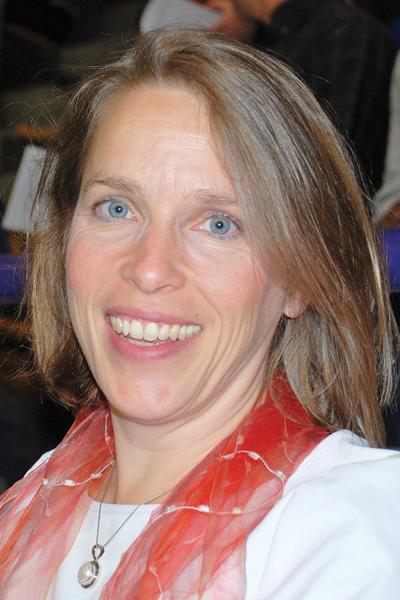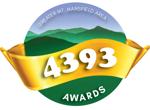
Meaghan Emery
Meaghan Emery, associate professor of French at the University of Vermont and a former, longtime South Burlington city councilor, has received a Fulbright U.S. Scholar Program award for France for the 2024-2025 academic year from the U.S. Department of State and the Fulbright Foreign Scholarship Board.
Emery will be engaging with French scholars in Rennes at the University of Rennes II and in the Paris region at the Institut d’Études Politiques in Saint Germain-en-Laye to investigate these French cities’ transition to net zero.
She intends to analyze the adaptation of French attitudes, customs and traditions to changing climactic conditions in view of current educational efforts, initiatives to modernize facilities and municipal infrastructure and governmental policy, and to uncover how the French are reconciling their attachment to individual freedom with collective goals and action.
University of Vermont provost Patricia Prelock said of Emery’s award: “We are proud of our faculty who compete for the Fulbright Awards and are excited to see Dr. Emery be recognized in this way so she can continue her excellent work while completing her Fulbright in France.”
Fulbright scholars are faculty, researchers, administrators and established professionals who are teaching or conducting research in affiliation with institutes abroad. Fulbright Scholars engage in innovative research and expand their professional networks, often continuing research collaborations started abroad and laying the groundwork for forging future partnerships between institutions.
Upon returning home, scholars share their stories and often become active supporters of international exchange, inviting foreign scholars to campus and encouraging colleagues and students to go abroad.
Since 1946, the Fulbright Program has provided over 400,000 students, scholars, teachers, artists and professionals of all backgrounds with the opportunity to study, teach and conduct research abroad.
Fulbright is a program of the U.S. Department of State, with funding provided by the U.S. government. Participating governments and host institutions, corporations and foundations around the world also provide direct and indirect support to the program, which operates in over 160 countries worldwide.
























(0) comments
Welcome to the discussion.
Log In
Keep it clean. Please avoid obscene, vulgar, lewd, racist or sexual language.
PLEASE TURN OFF YOUR CAPS LOCK.
Don't threaten. Threats of harming another person will not be tolerated.
Be truthful. Don't knowingly lie about anyone or anything.
Be nice. No racism, sexism or any sort of -ism that is degrading to another person.
Be proactive. Use the "Report" link on each comment to let us know of abusive posts.
Share with us. We'd love to hear eyewitness accounts, the history behind an article.